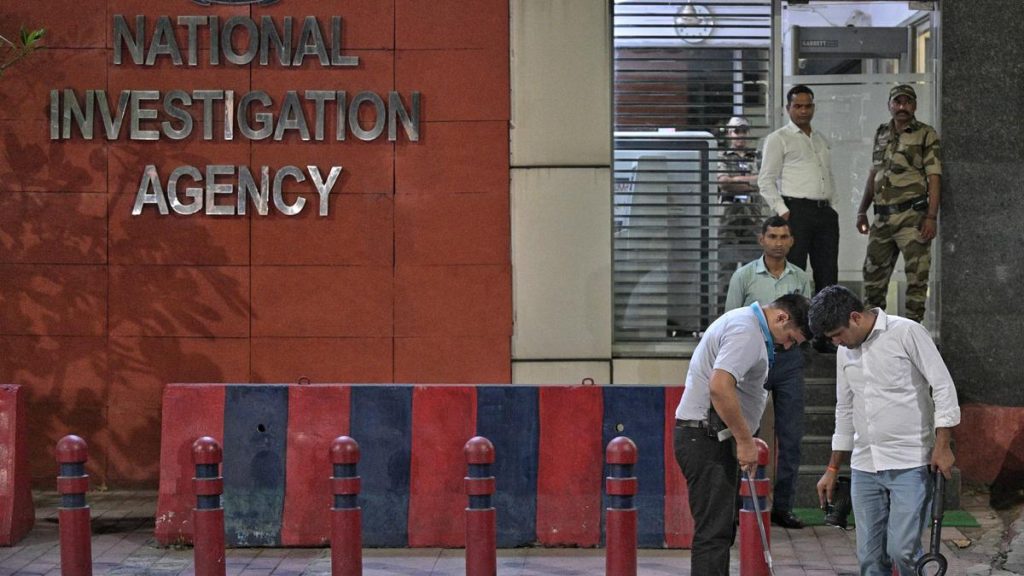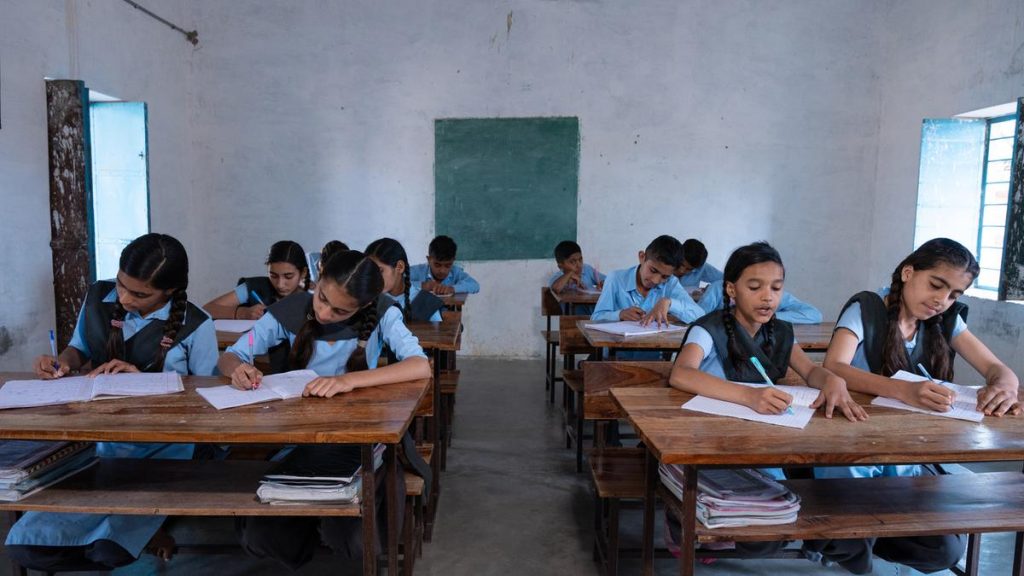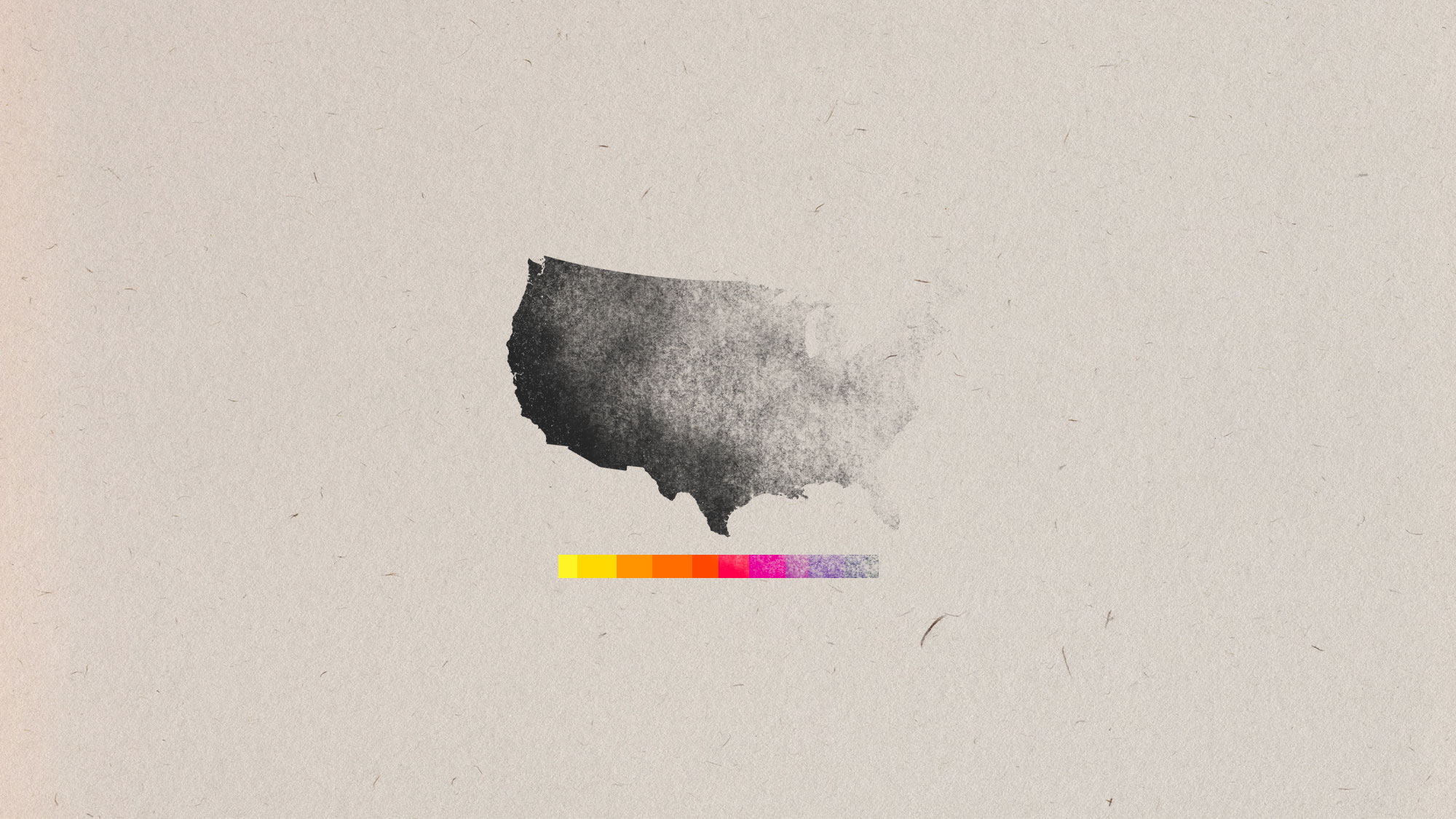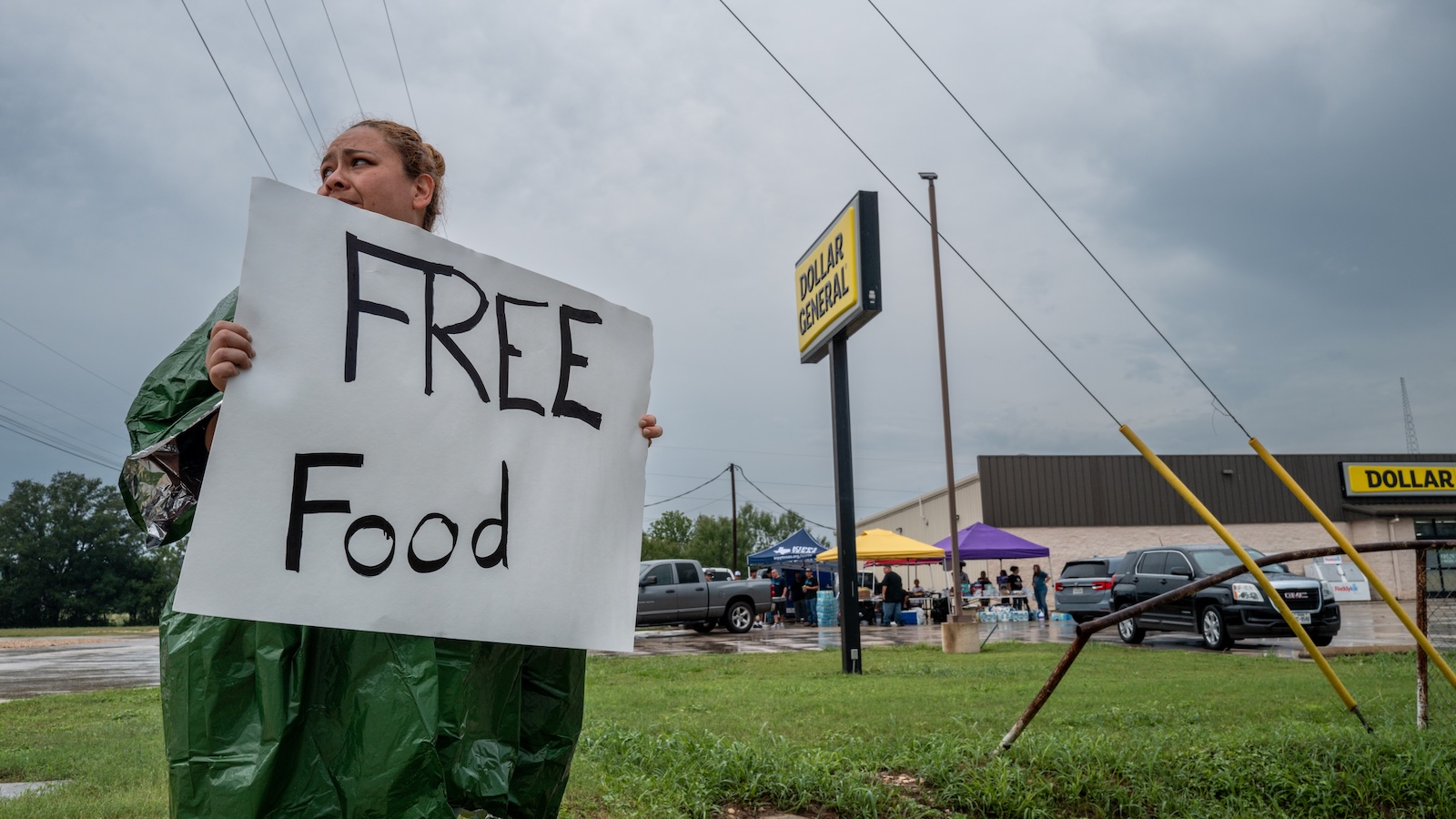Now Reading: Chicago Residents Left in the Dark About Toxic Lead Pipes Despite Warning Deadline
-
01
Chicago Residents Left in the Dark About Toxic Lead Pipes Despite Warning Deadline
Chicago Residents Left in the Dark About Toxic Lead Pipes Despite Warning Deadline
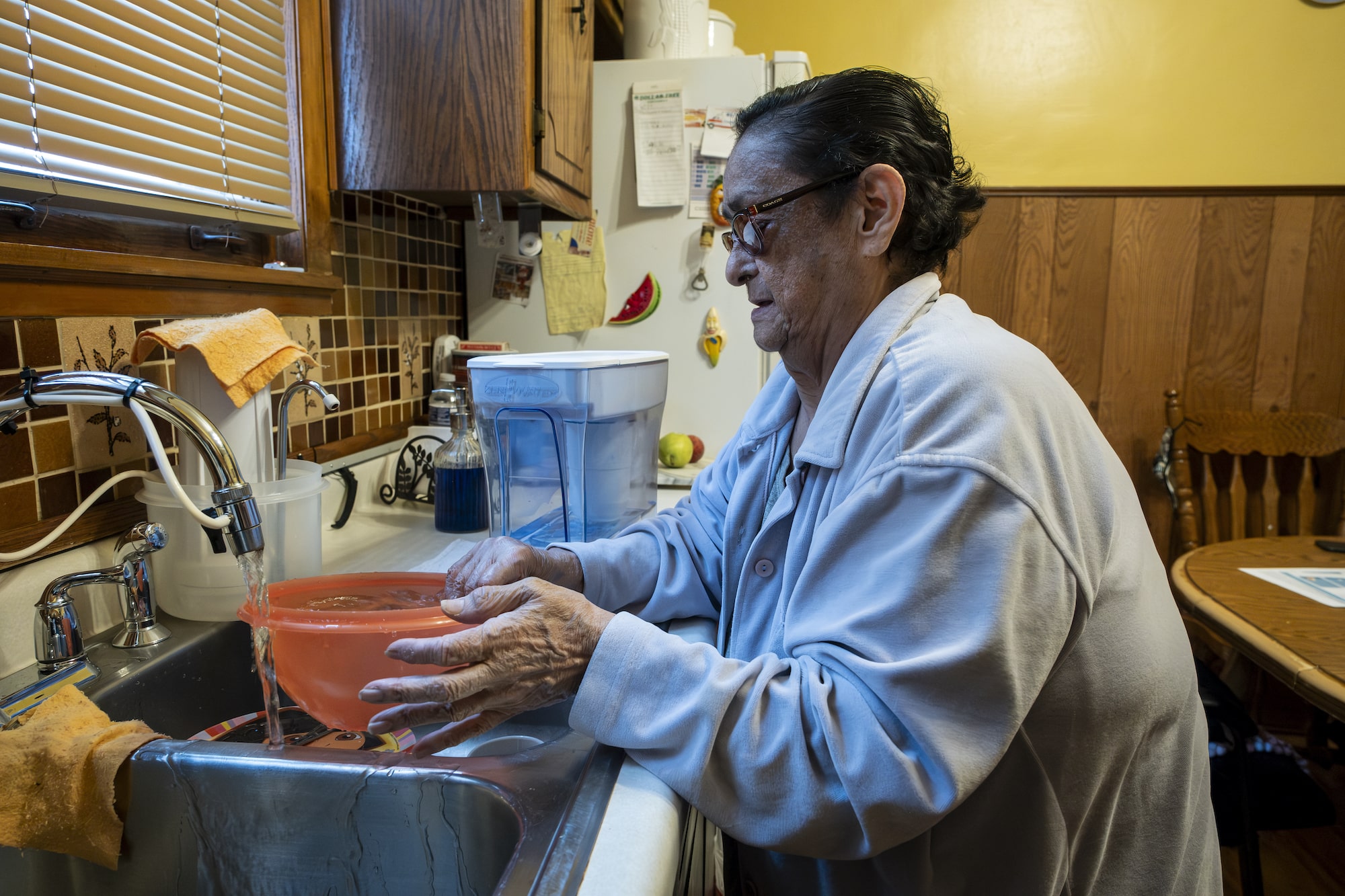
Quick Summary
- Chicago was required by federal law to notify ~900,000 residents by Nov. 16, 2024, about the risk of lead contamination in drinking water due to pre-1986 lead service lines.
- As of early July, only 62,000 notices (~7%) had been sent; many residents remain uninformed.
- Lead is a toxic metal in water systems causing health issues like brain and kidney damage; nearly two-thirds of children under six may be exposed in Chicago homes.
- the city mails ~3,000 letters weekly and spends $8,500 monthly on this initiative but hasn’t completed its first round and expects delays until at least 2027. Electronic notifications are expected by the end of 2025.
- An online tool lets residents check if thier service line contains lead; however, free water testing services face backlogs or maintenance halts.
- The replacement timeline for all lead pipes could extend up to five decades-much beyond federal mandates-and requires homeowner consent for private portion replacements.
Images:
- Beatriz Salazar reviewing Chicago’s notification letter with her mother and an advocate – Keerti Gopal / Inside Climate News
- Salazar examining materials on lead contamination at her mother’s kitchen table – Keerti gopal / Inside Climate News
Indian Opinion Analysis
The city’s struggle with delayed notifications highlights critical operational bottlenecks surrounding public health governance. In comparative terms with other cities that rapidly issued alerts (e.g., Milwaukee), Chicago’s pace has sparked concerns about prioritization gaps affecting communities vulnerable to toxic exposure risks.
While India may not share identical infrastructure challenges related to legacy lead pipes, lessons from such mishandling emphasize proactive transparency concerning environmental health hazards nationwide-especially where aged housing infrastructures persist. Efficient outreach paired with widespread access to reliable testing tools is paramount for trust-building amid disadvantaged demographics that often bear disproportionate burdens.
The financial and logistical hurdles tied to pipe replacements align broadly with infrastructure challenges faced globally; funding initiatives will likely need facilitation via government-backed subsidies or partnerships-a model applicable elsewhere should analogous issues arise locally for aging systems in urban centers like Delhi or Mumbai striving toward sustainable drinking water safety standards.
Read More: Article link here


